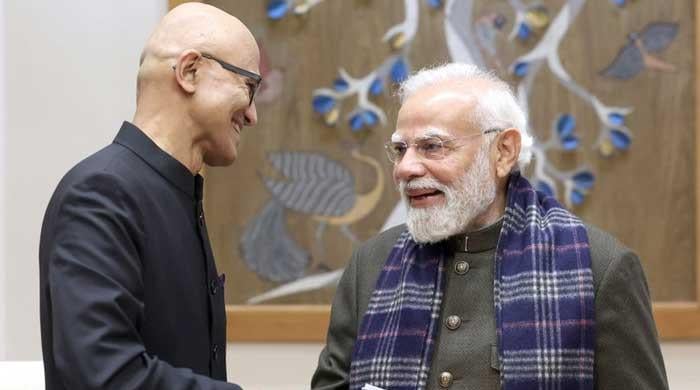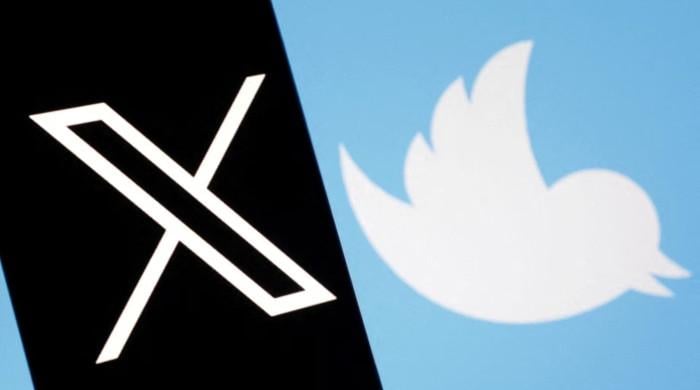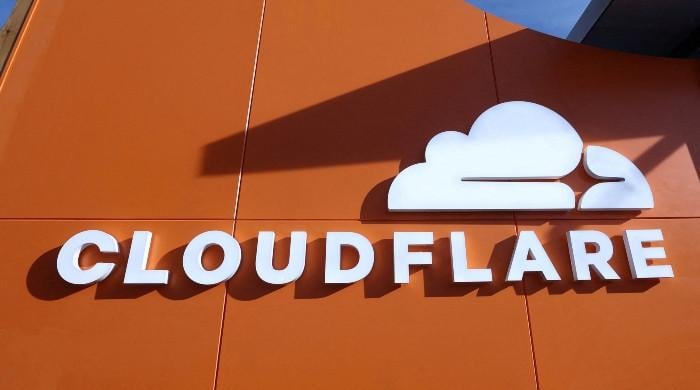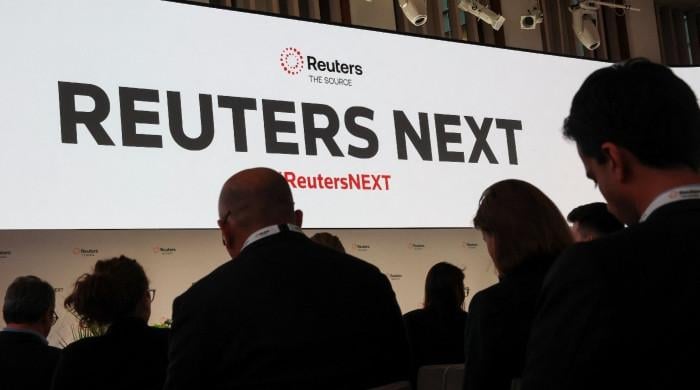Facebook initiates process of appointing Turkey representative
Critics are of the view that the new law will muzzle dissent as it allows authorities to remove content from platforms
January 18, 2021

- Decision comes after Turkey enacted a law for social media entities to have legal representation in the country
- Critics are of the view that the new law will muzzle dissent as it allows removal of content from platforms
- “We will withdraw the representative if we face pressure," says Facebook
ISTANBUL: Facebook said on Monday it had started the process of appointing a legal entity as a local representative in Turkey in compliance with a new social media law which critics have said will muzzle dissent.
The law allows authorities to remove content from platforms, rather than blocking access as they did in the past. The move has caused concern as people turn more to online platforms after Ankara tightened its grip on mainstream media.
The company said its decision did not change its community standards, which outline what is and what is not allowed on Facebook, nor its process for reviewing government requests.
Read more: Facebook tracking a rise in violent rhetoric tied to Joe Biden's presidential inauguration
“We will withdraw the representative if we face pressure on either,” the company said in a statement, adding that it remains committed to maintaining free expression and other human rights in Turkey.
Other companies have also appointed representatives in line with the recently amended Internet law. YouTube, owned by Alphabet Inc’s Google, said a month ago it had taken such a decision..
In previous months Facebook, YouTube and Twitter had faced fines in Turkey for not complying with the law.
Read more: Australia to force Facebook, Google to pay for news content
Companies that do not follow the law will ultimately have their bandwidth slashed by 90%, essentially blocking access.
Twitter said in a report this month that Turkey, which has historically been responsible for the highest number of content removal requests, ranked fourth in the first half of last year, accounting for 10% of all global legal demands.









